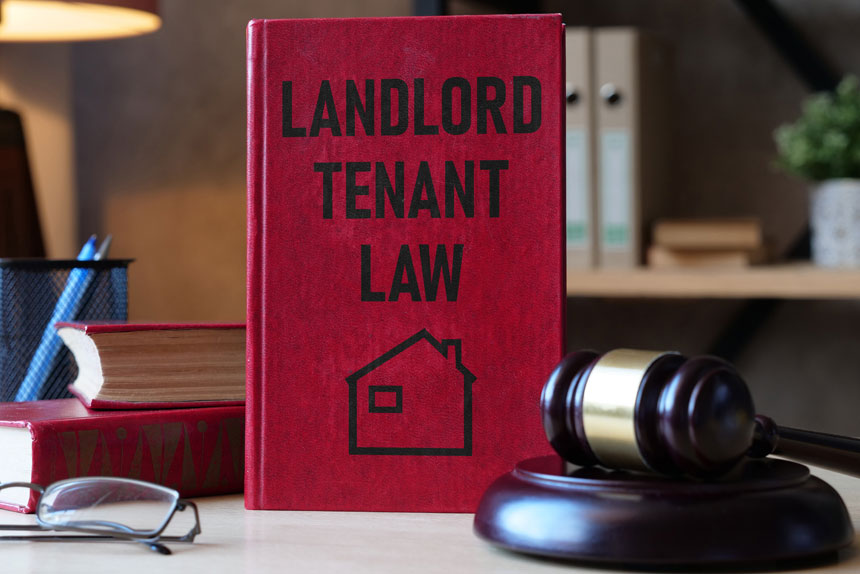July 2024 Update
Key Changes for Tenants and Landlords
California’s rental laws are continually evolving to address the needs and rights of both tenants and landlords. Here’s an overview of the latest changes and how they might affect you. For detailed guidance and personalized advice on navigating these new rental laws, please contact our office. We are here to assist you in understanding your rights and responsibilities under California’s evolving rental regulations.
Rent Control and Rent Caps
- Statewide Rent Cap Extension: The statewide rent cap, initially introduced under AB 1482, has been extended. This law limits annual rent increases to 5% plus the local rate of inflation, with a maximum increase of 10% per year. This applies to most rental properties built before 2005.
- Exemptions: Certain properties, such as single-family homes (unless owned by corporations or real estate investment trusts) and new constructions (within the last 15 years), remain exempt from these rent caps.
Eviction Protections
- Just Cause Eviction Standards: The just cause eviction protections have been reinforced, requiring landlords to provide a valid reason for evicting tenants who have lived in the property for more than 12 months. Acceptable reasons include non-payment of rent, breach of lease terms, or the landlord’s intention to occupy the property.
- Relocation Assistance: Landlords who evict tenants for no-fault reasons (such as owner move-in or substantial renovations) must provide relocation assistance equal to one month’s rent.
Security Deposit Limits
- Deposit Restrictions: Security deposits are still limited to a maximum of two months’ rent for unfurnished units and three months’ rent for furnished units. There have been no recent changes, but landlords are reminded to adhere strictly to these limits to avoid penalties.
Maintenance and Repairs
- Prompt Repairs Requirement: New regulations emphasize the responsibility of landlords to make necessary repairs promptly. Failure to address habitability issues (like plumbing or heating problems) can result in tenants withholding rent or making repairs themselves and deducting the cost from future rent.
Tenant Rights to Organize
- Right to Assembly: Tenants have been granted explicit rights to organize and form tenant associations without fear of retaliation from landlords. Landlords are prohibited from interfering with tenants’ rights to meet and discuss rental issues.
Rent Payment Methods
- Electronic Payments: Landlords must offer at least one method of payment that does not require the tenant to pay fees, such as by check or electronic transfer. This ensures tenants are not unfairly charged for making rent payments.
Disclosure Requirements
- Pest Control: Landlords must disclose the use of any pesticides in rental properties before application, including details about the type of pesticide and any associated health risks.
- Utility Charges: Clear disclosure of how utility charges are calculated and allocated among tenants, especially in multi-unit buildings with shared meters.
Emergency Situations and Natural Disasters
- Temporary Rent Reductions: In the event of natural disasters or emergencies that make a rental unit uninhabitable, landlords are required to provide temporary rent reductions or offer alternative accommodations.
Lease Agreement Transparency
- Plain Language Requirement: Lease agreements must be written in plain language that is easily understandable. Legal jargon and complex terms should be avoided to ensure clarity for all parties involved.
Summary and Compliance
Landlords and tenants alike must stay informed about these new regulations to ensure compliance and protect their rights. Tenants should review their lease agreements and communicate any concerns to their landlords. Landlords should update their practices and documents to align with the latest legal requirements.
